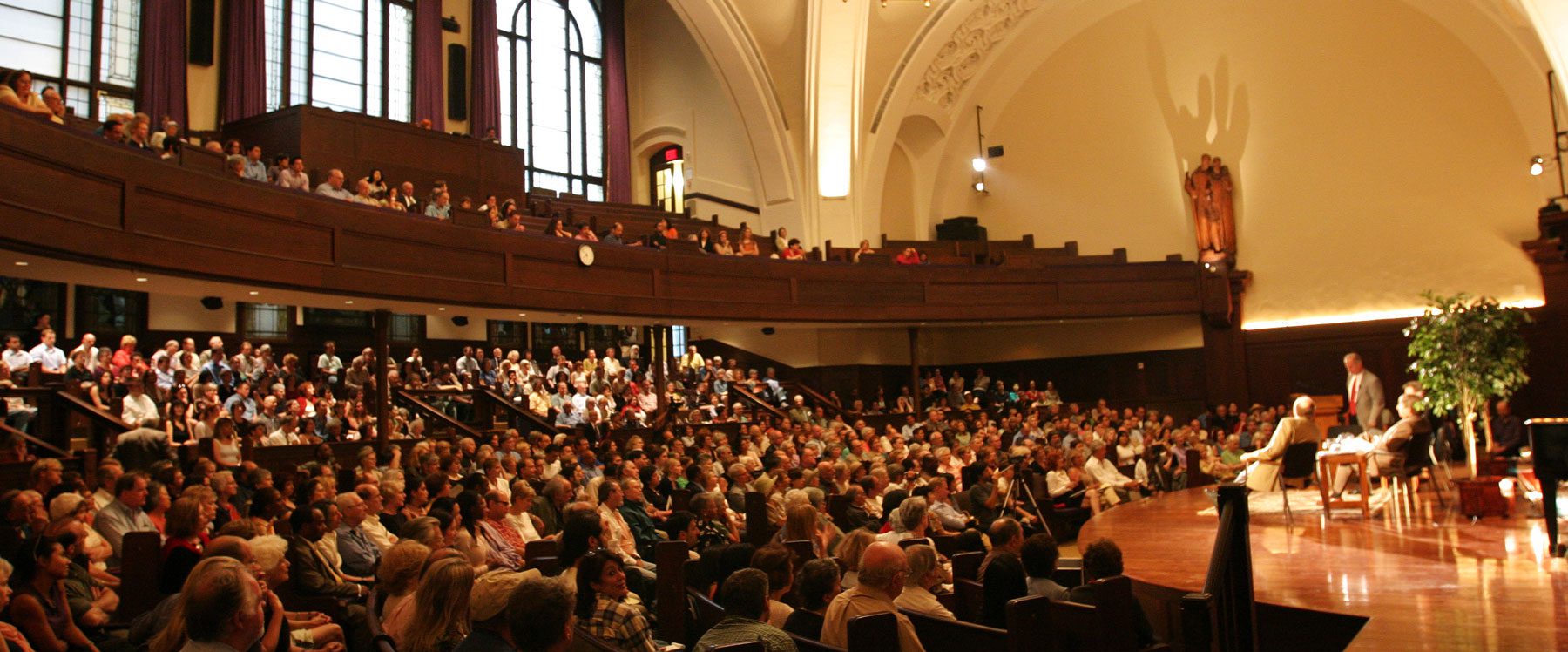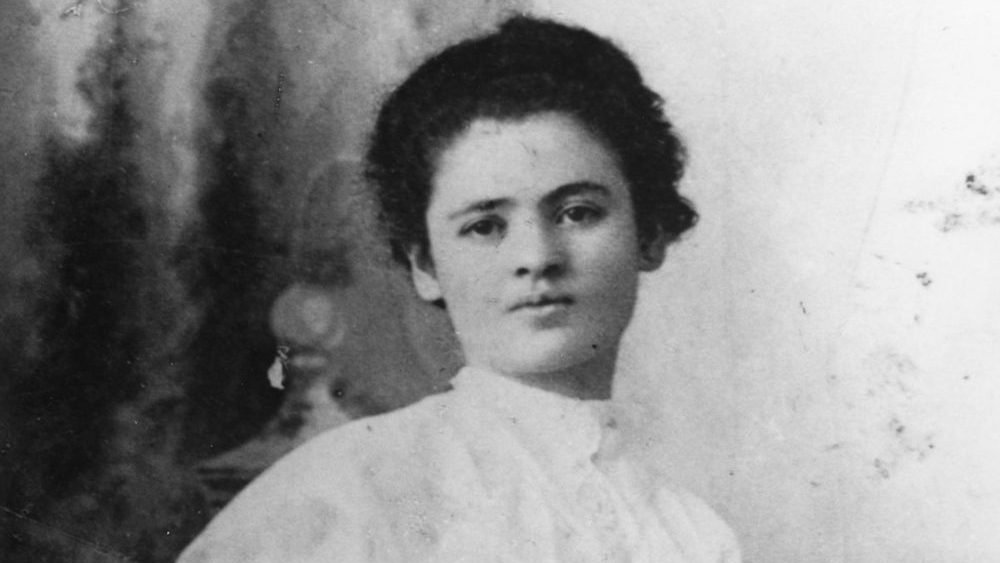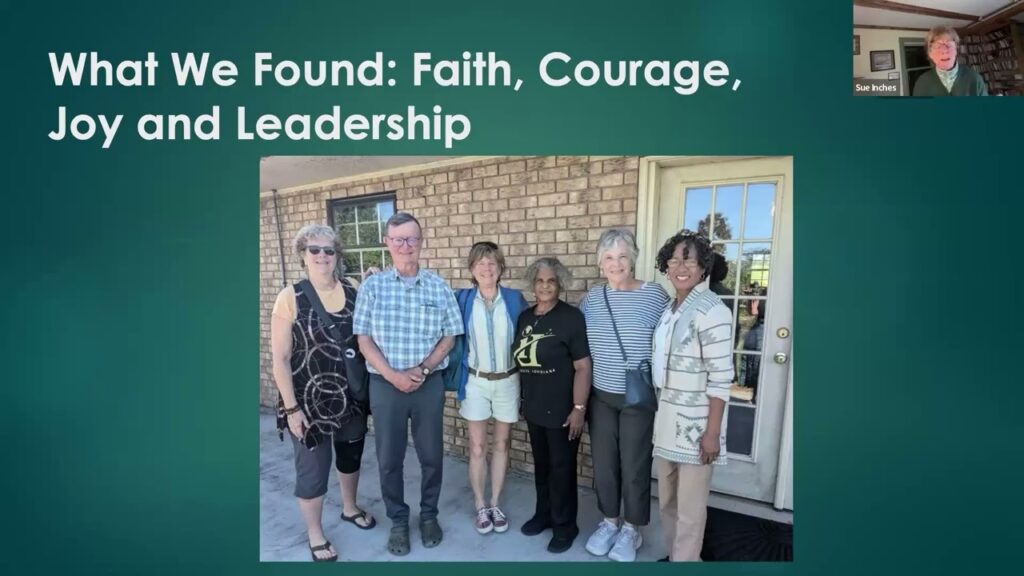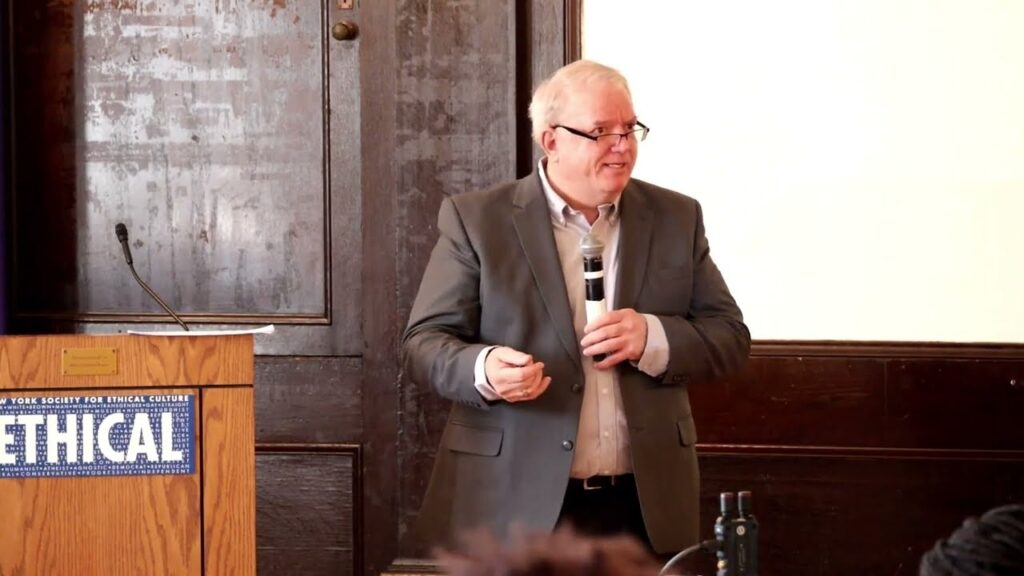
“Sometimes I work 12 hours a day 5 or 6 days a week. I have to do a little of everything, shampoo, vacuum, and car wash. Sometimes we only make $5 or $10 a day in tips.”
Agustin Perez, LMC (Astoria) Carwash worker
“We are afraid to ask for raises for fear that we will be fired. That is a problem.”
Ajkalon Garcia, Farm Country Supermarket (Brooklyn) employee
This summer I marched with Agustin and Ajkalon and hundreds of other worker – union and non-union alike – to Union Square where we participated in a rally to demand a living wage for all New Yorkers. I was part of a contingent from Occupy Faith NYC and the newly-formed Clergy Campaign for Economic and Social Justice. It was an honor to stand shoulder to shoulder with so many people who, even though demeaned by their employers, devalued by society and demoralized by their struggle, still had not lost hope.
Since 1990, the minimum hourly wage in New York State has been $7.25. Efforts by the State Assembly in May to raise it to $8.50 failed when Republicans in the State Senate, under heavy lobbying by business and trade organizations, refused to support it, and Governor Andrew Cuomo backed off, saying, “We hope for the ideal and we live in the real, right? I don’t think this, at this time, is in the realm of the possible because the Senate has a heartfelt position in opposition.”
However, according to a recent Siena Research Poll, 79 percent of voters in the state are in favor of the increase, and, according to a report by the Economic Policy Institute, an increase would directly affect 609,000 minimum wage workers, and indirectly affect another 473,000. Not all businesses lobbied in Albany against the increase; several leaders, including the head of the Greater New York Chamber of Commerce and an executive of big-box wholesaler Costco, testified in favor. “Of course retailers and fast food [companies] with big powerful lobbyists want us to think this will chase business out of the state,” said Mark Jaffe, president of the Greater New York Chamber. “But that’s not what we [heard] back from our membership.”
Ethical Culture founder Felix Adler actually supported a “maximum wage.” He observed that the exploitation of workers generated private fortunes that exerted a “corrupting influence” on politics. In his article, “Social Reform: Proposing a System of Grand Taxation” (The NY Times, February 9, 1880), he proposed a steeply graduated income tax with a 100% top rate at the point “when a certain high and abundant sum has been reached, amply sufficient for all the comforts and true refinements of life.” Surely it’s time to revisit Dr. Adler’s proposal.
Of course, economic inequality exists throughout the country, as two recent books document. Both authors – Joseph E. Stiglitz, Nobel laureate and a professor of economics at Columbia University, and Peter Edelman, a professor of law at Georgetown University – are adamant that this inequality constitutes a moral issue.
In The Price of Inequality, Stiglitz writes: “While there may be underlying economic forces at play, politics have shaped the market, and shaped it in ways that advantage the top at the expense of the rest. . . Those with power use it to insulate themselves from competitive forces by winning favorable tax treatment, government-¬protected market share and other forms of what economists call ‘rent seeking.’” He notes that ours has become a country “in which the rich live in gated communities, send their children to expensive schools and have access to first-rate medical care. Meanwhile, the rest live in a world marked by insecurity, at best mediocre education and in effect rationed health care.”
Today in the United States, 46 million Americans — 15 percent of the population — are counted as poor. The lowest percentage in poverty since statistics were recorded was 11.1 percent in 1973. In Why It’s So Hard to End Poverty in America, Edelman gives four reasons for this development: 1) many people working at low-wage jobs; 2) more households headed by a single parent, making it difficult to earn a living income from available jobs; 3) the near disappearance of cash assistance for low-income mothers and children (Food stamps have replaced welfare.); and 4) persistent issues of race and gender. The solution, to him, is clear: more jobs that pay decent wages.
Over the last 40 years, we have been drowning in a flood of low-wage jobs. Most people in poverty work and struggle to make ends meet. According to Economic Policy Institute, half the jobs in this country pay less than $34,000 a year, and a quarter pay below the poverty line for a family of four, less than $23,000. Families that can send another adult to work have done better, but single parents don’t have that option. Six million people have no income other than food stamps, which provide an income at a third of the poverty line, close to $6,300 for a family of three.
The wealth and income of the top less than 1 percent of Americans grows at the expense of the rest of us. We know that we must make the rich pay their fair share, raise the minimum wage, and provide adequate health care. But this will not happen until people in the middle start identifying with their neighbors with lower incomes, instead of those at the top, and vote in their own economic self-interest. We must face this moral issue head-on. It won’t be easy. An obscene amount of money is flooding the election process, and the news media shirks its responsibility to honor the truth, opting instead report opposing “opinions” as “equivalent.” Nonetheless, it is our moral obligation to raise our voices, take to the streets, and register voters. Together we can make a difference!







